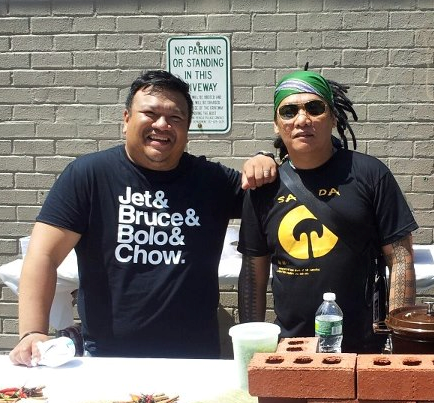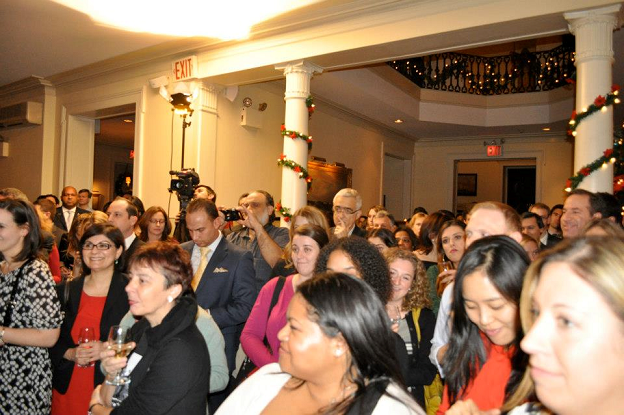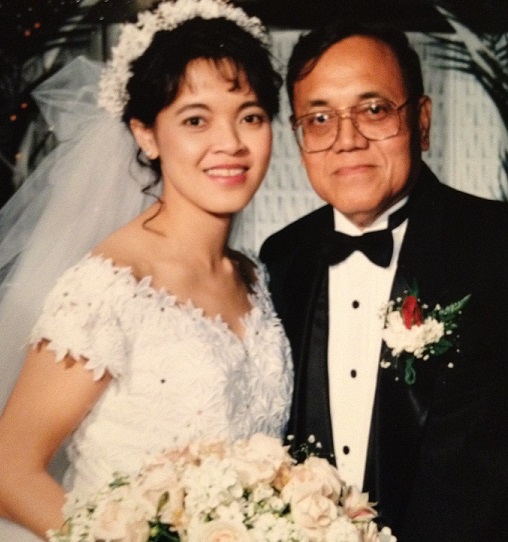Filipinos are tired of the rampant corruption, but is Snap Election the answer?
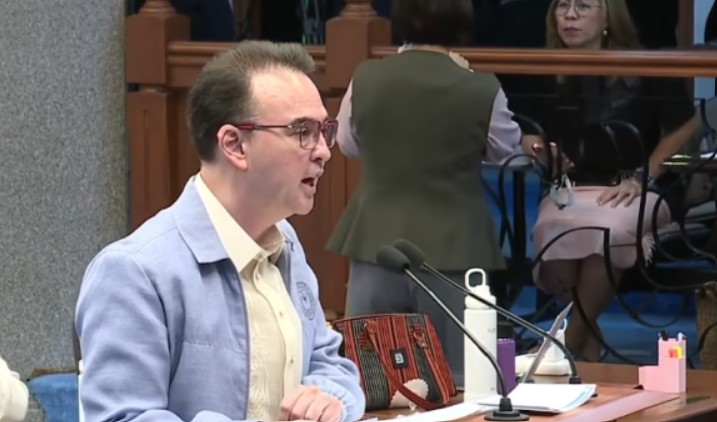
By Ricky Rillera
In a political landscape riddled with scandal, cynicism, and eroding public trust, Senate Minority Leader Alan Peter Cayetano has thrown a grenade into the national conversation: a call for a snap election that would require all top national officials—President, Vice President, Senators, and House Representatives—to resign and bar themselves from running again.
His proposal, radical in scope and unprecedented in modern Philippine democracy, has ignited fierce debate. But beneath the surface lies a deeper question: Is this a moment of civic reckoning, or a dangerous flirtation with constitutional chaos?
Cayetano’s rationale is blunt. “Politicians today are suspects in the eyes of the public,” he said, referencing the multibillion-peso flood control corruption scandal that has implicated lawmakers and contractors alike. His solution? A nationwide reset. No incumbents. No recycling. Just a fresh start.
It’s a seductive idea—especially in a country where political dynasties, impunity, and transactional governance have long undermined democratic ideals. But it’s also legally impossible under the current Constitution. And historically, it evokes one of the most consequential moments in Philippine history: the 1986 snap election that triggered the EDSA People Power Revolution.
The ghost of 1986
To understand the gravity of Cayetano’s proposal, we must revisit the original snap election. In November 1985, President Ferdinand Marcos Sr. stunned the nation by announcing a snap presidential election during a televised interview with U.S. audiences. Facing mounting pressure over human rights abuses, economic collapse, and the assassination of opposition leader Benigno “Ninoy” Aquino Jr., Marcos sought to reassert his mandate.
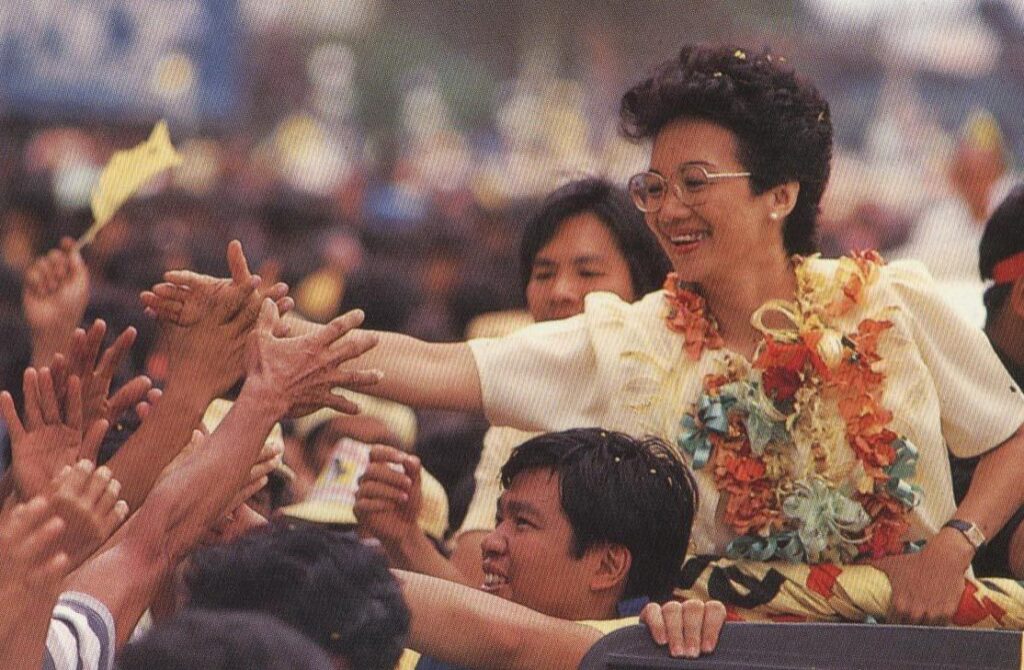
The election was held on February 7, 1986, with Corazon Aquino—Ninoy’s widow—emerging as the opposition candidate. Despite widespread fraud and intimidation, the people rallied behind Aquino. The National Citizens’ Movement for Free Elections (NAMFREL) showed her leading in the unofficial count, while the official tally declared Marcos the winner.
The result? A mass walkout by COMELEC employees, a call to action from Cardinal Sin, and the birth of the EDSA People Power Revolution. From February 22 to 25, millions of Filipinos took to the streets. Marcos fled to Hawaii. Aquino became president. Democracy was restored.
Batas Pambansa Blg 883 enabled that snap election, a special law passed by the Marcos-controlled legislature. It was a political maneuver, not a constitutional provision. Today, under the 1987 Constitution, no such mechanism exists.
Constitutional reality
Election lawyer Romulo Macalintal and Senate President Tito Sotto have both dismissed Cayetano’s proposal as unconstitutional. The Constitution does not allow for voluntary mass resignation followed by a national election. There is no legal pathway for barring incumbents from running, nor for triggering a snap election, except in the event of a presidential vacancy.
To enact Cayetano’s vision would require a revolutionary government—a suspension of the current constitutional order. That’s not reform. That’s rupture.
And yet, the frustration fueling Cayetano’s proposal is real. Filipinos are tired. Tired of corruption scandals that go unpunished. Tired of dynastic politics that recycle the same names. Tired of institutions that feel distant, opaque, and unaccountable. In that context, the call for a clean slate resonates—not as a legal solution, but as a symbolic cry for civic renewal.
Cayetano’s proposal may be legally untenable, but it’s politically potent. It forces a national conversation about accountability, representation, and the limits of reform within a broken system. But it also risks becoming political theater—a dramatic gesture that distracts from the hard work of systemic change. Real reform requires strengthening anti-corruption mechanisms, enforcing campaign finance transparency, breaking dynastic monopolies through electoral reform, and empowering civil society and grassroots movements to drive meaningful change.
A snap election, without these guardrails, could reshuffle the same power structures under new names.
For civil society and advocacy groups, this moment is a teachable one. It’s a chance to educate voters on constitutional processes and electoral rights, spotlight the legacy of People Power and its lessons for today, mobilize communities around anti-corruption reforms and transparency, and encourage youth engagement in policy debates and civic literacy. It’s also an opportunity to remind Filipinos that democracy is not just about elections—it’s about participation, vigilance, and collective action.
The role of the diaspora
Filipino Americans, especially those engaged in civic advocacy, have a unique role to play. From New York to California, diaspora communities can amplify calls for reform, support independent media, and build transnational solidarity around democratic values.
The 1986 revolution was fueled in part by overseas Filipinos who organized, protested, and pressured foreign governments to withdraw support from Marcos. That legacy lives on. And in moments like this, it must be reactivated.
Cayetano’s snap election proposal may never materialize. It may be dismissed as unconstitutional, impractical, or politically self-serving. But it has cracked open a conversation that needs to be had: what does accountability look like in a democracy that feels broken? How do we rebuild trust in institutions that have failed us? The answer won’t come from a single election. It will come from sustained civic engagement, bold reform, and a recommitment to the values that EDSA stood for: truth, justice, and the power of the people.
Because in the end, democracy isn’t something we inherit. It’s something we build—again and again, together.
Ricky Rillera is past president of the Filipino American Press Club New York, Executive Editor of the Philippine Daily Mirror, president of PinoyLife Media Corp, and Managing Director, Lead Consulting Resource Group LLC.




